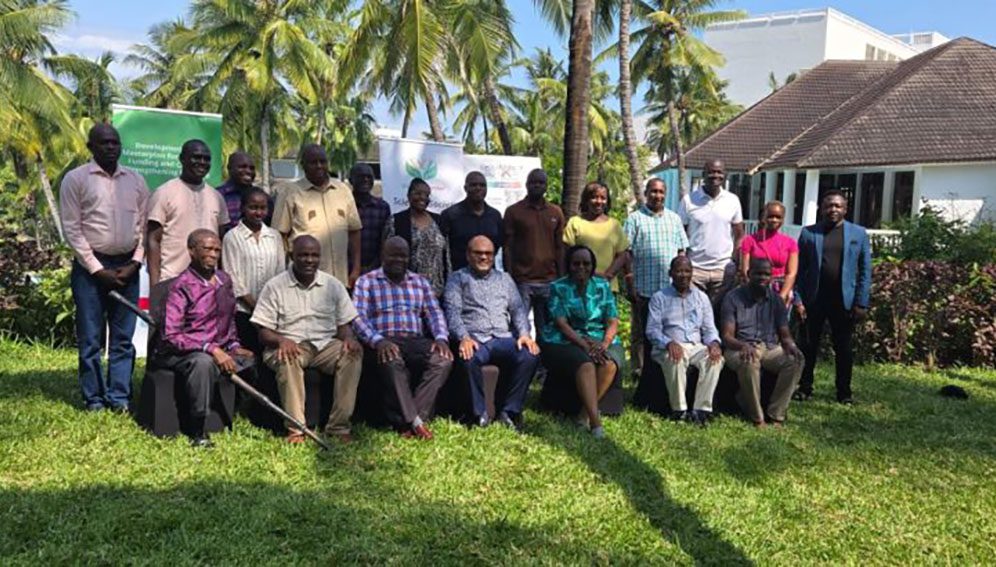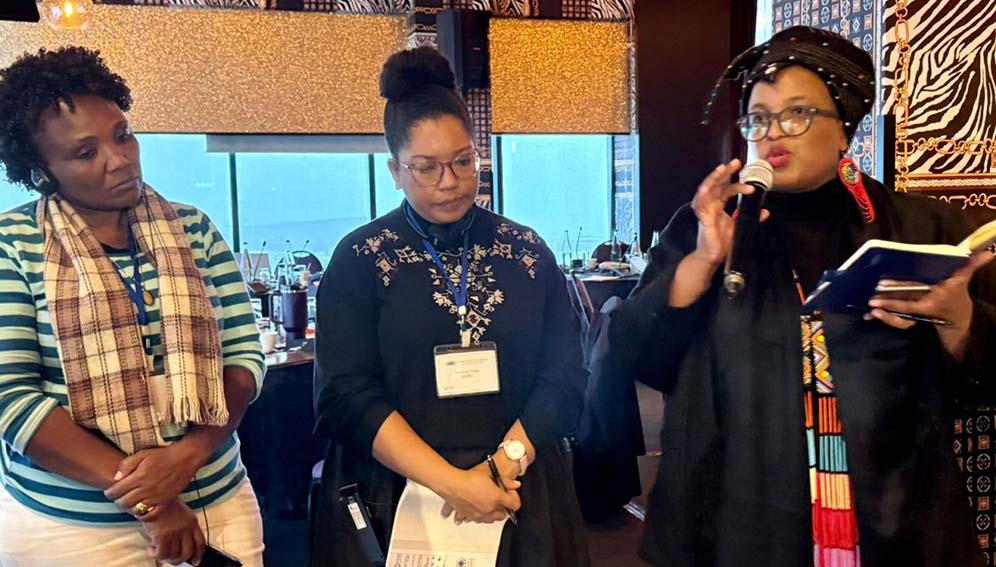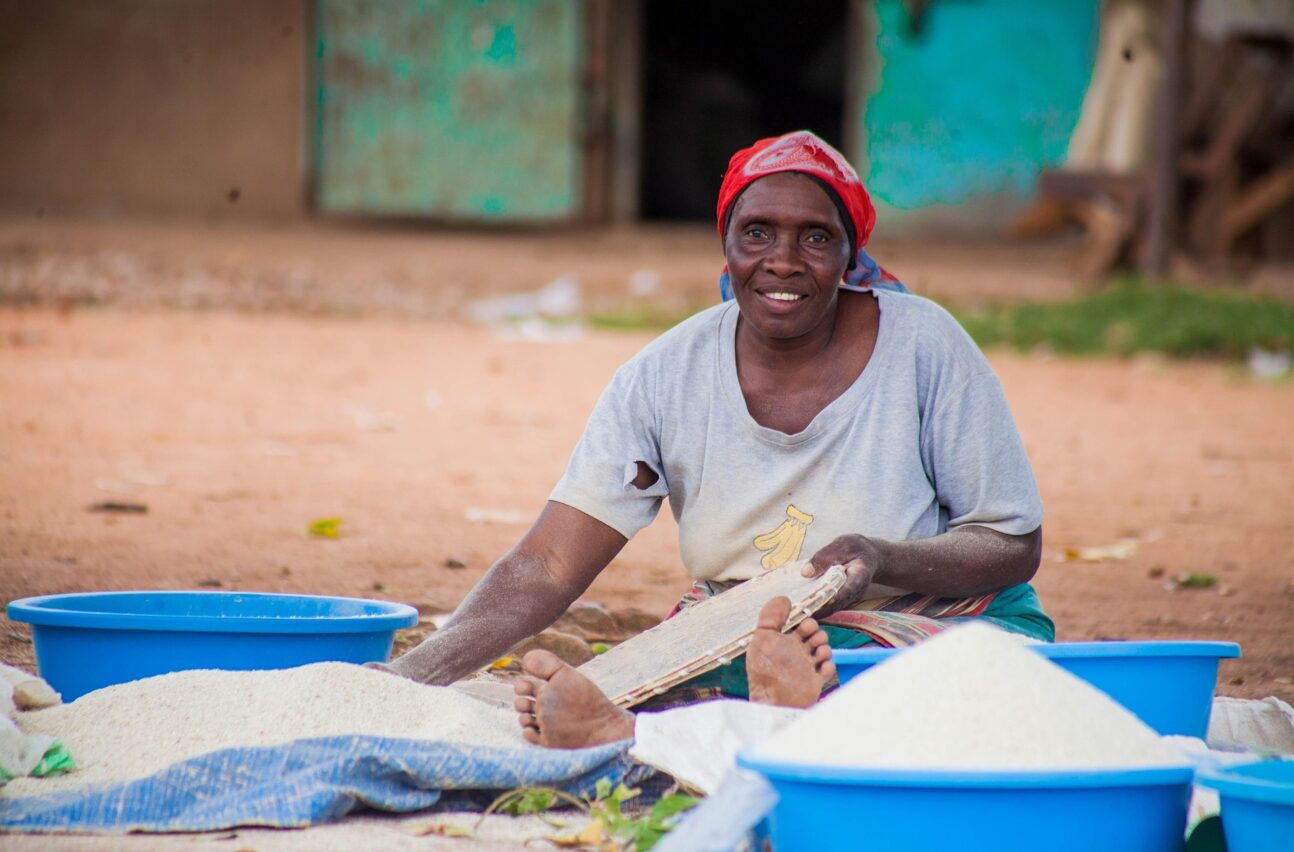SGCI News
Participating councils of the Science Granting Councils Initiative in Sub-Saharan Africa (SGCI) deliberated on progress, focus and initiatives to advance research and innovation since the SGCI was established. Participating in…
Participating councils of the Science Granting Councils Initiative in Sub-Saharan Africa (SGCI) deliberated on progress, focus and initiatives to advance research and innovation since the SGCI was established.
Participating in the SGCI’s Annual Forum held parallel to the World Science Forum (WSF), hosted by South Africa’s Department of Science and Innovation (DSI) in Cape Town, delegates provided strategic progress by their Science Granting Councils (SGCs) made since joining the initiative. Councils from the following countries are members: Kenya, Rwanda, Uganda, Tanzania, Ethiopia, Côte d’Ivoire, Burkina Faso, Senegal, Ghana, Nigeria, Sierra Leone, Zambia, Mozambique, Malawi, Namibia, Zimbabwe, Botswana and Nigeria.
The SGCI Annual Forum is part of the series of high-level dialogues and engagements hosted by the National Research Foundation (NRF) on the side-lines of the WSF. The SGCI holds these dialogues annually as part of its strategy to strengthen partnerships, share experiences and practices on a range of emerging topics, and network amongst themselves and with other science system actors within and outside the African continent.
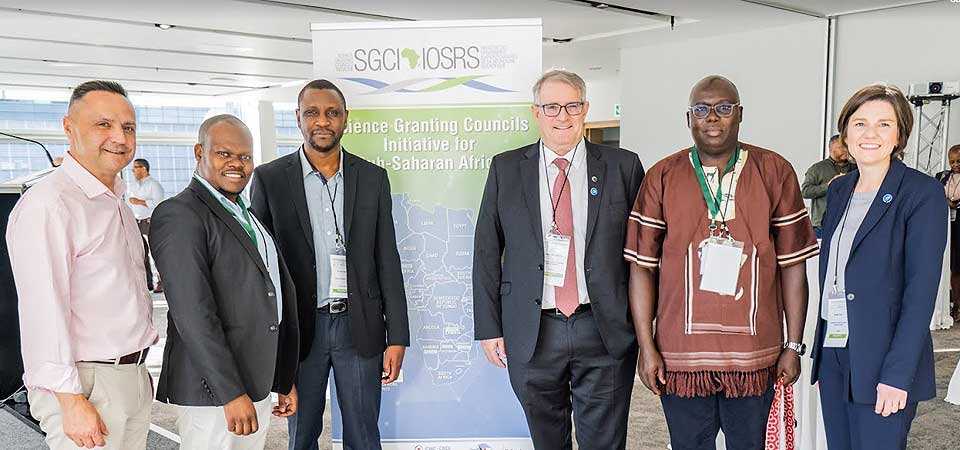
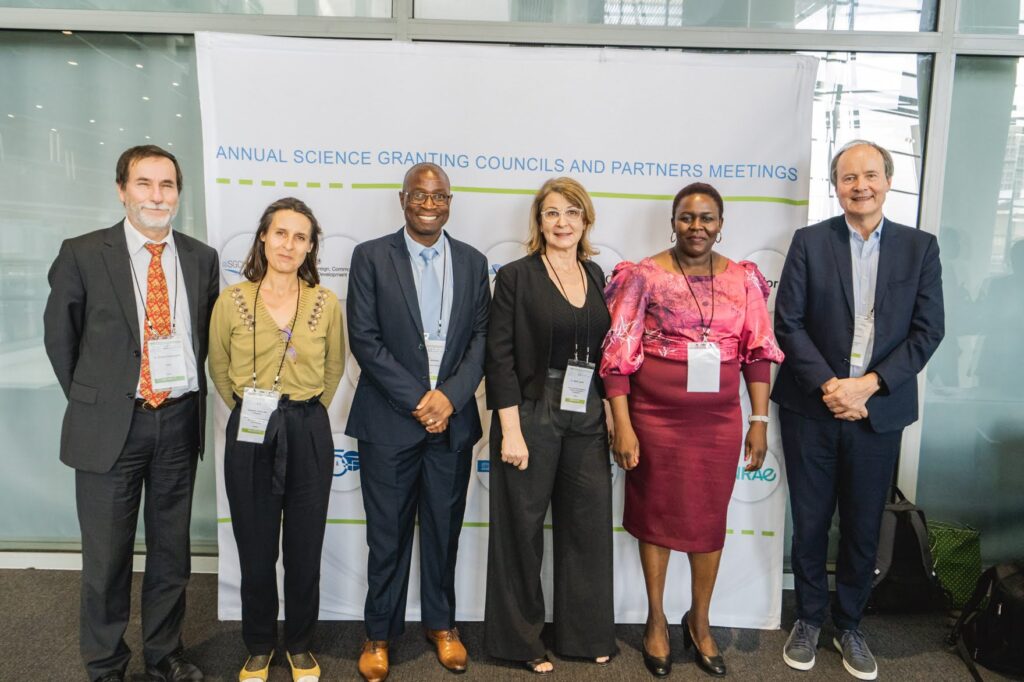
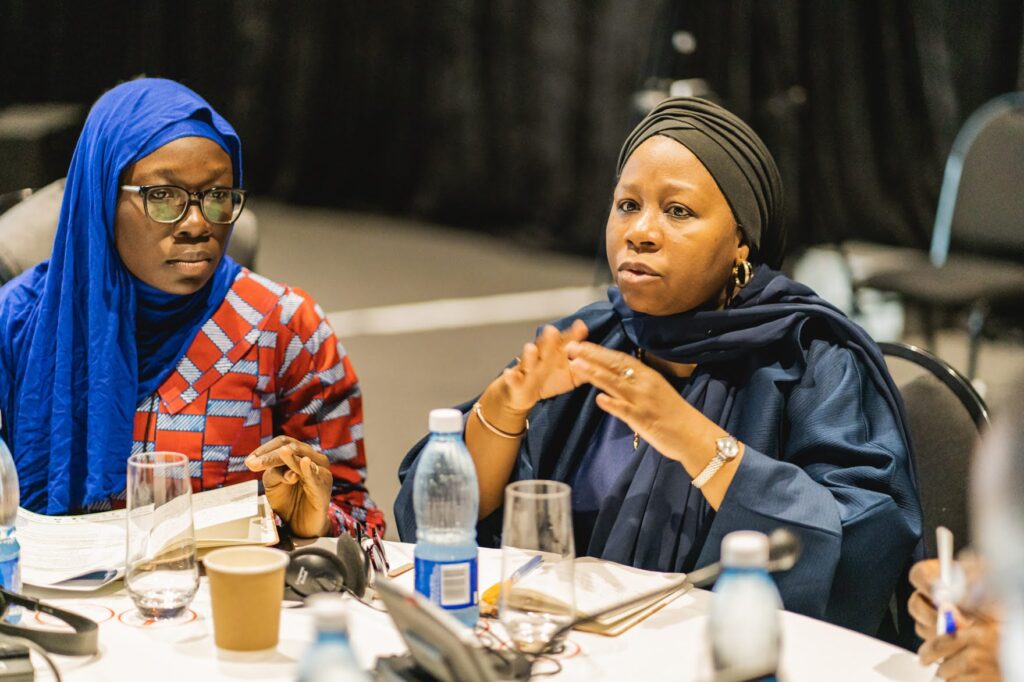
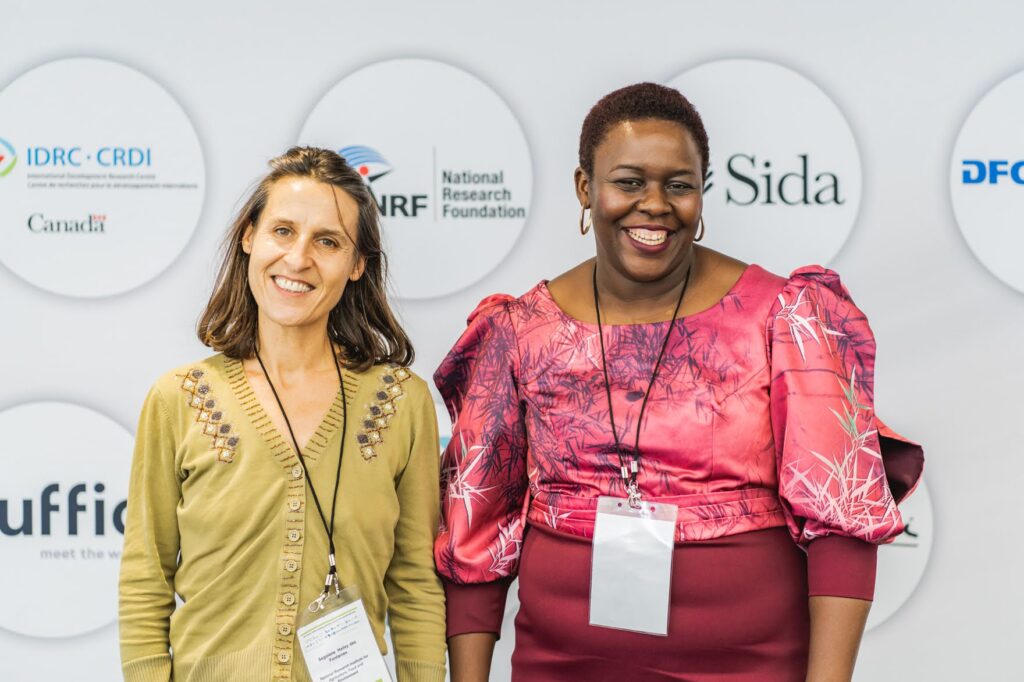
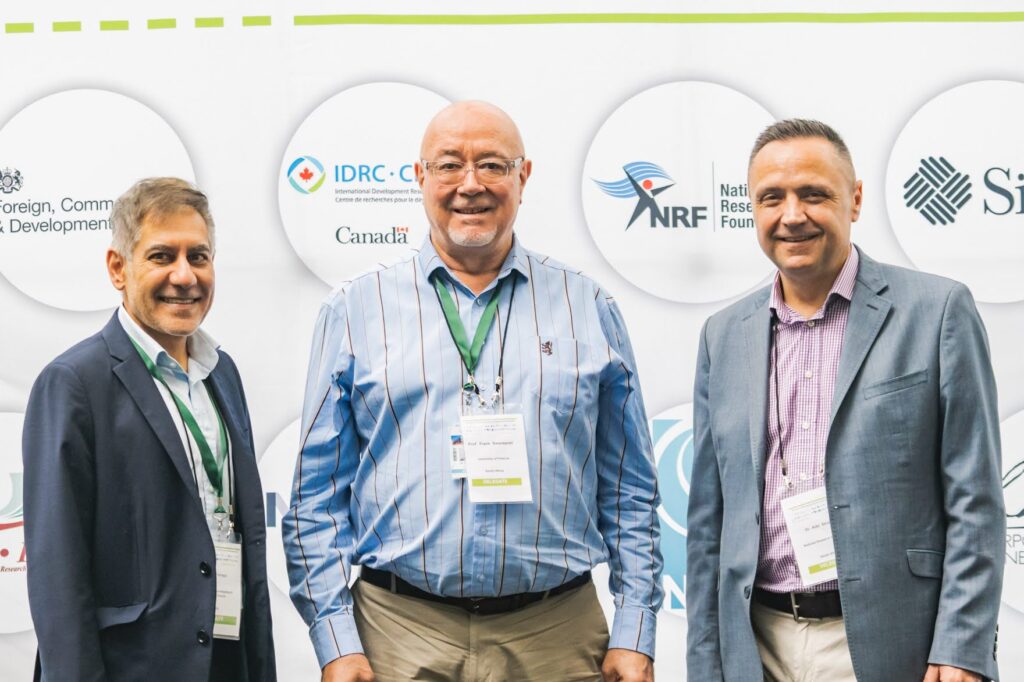
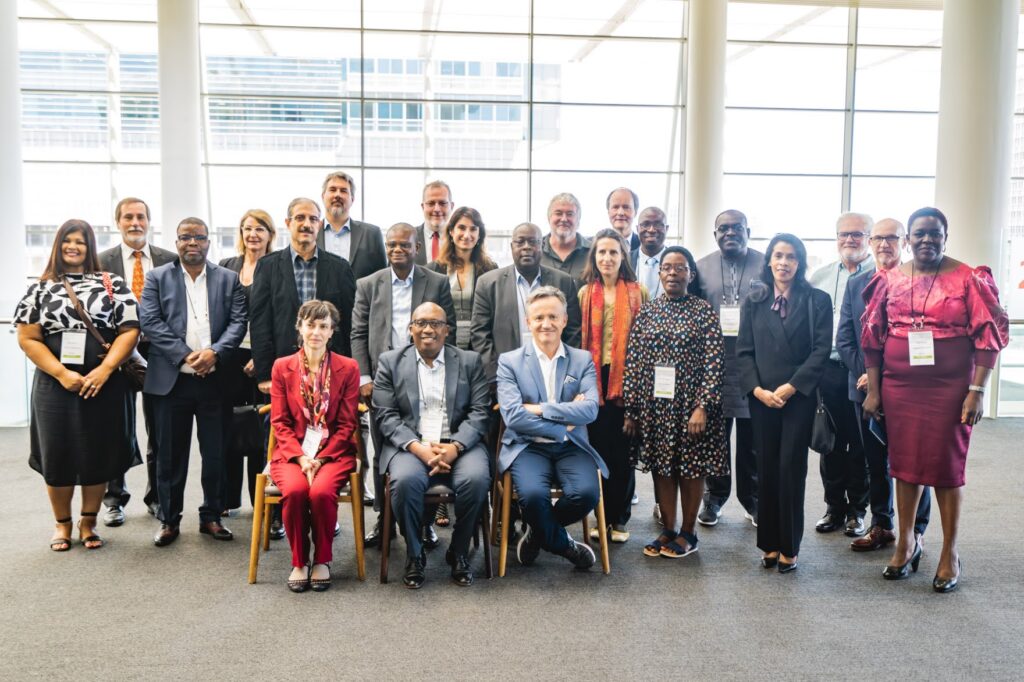
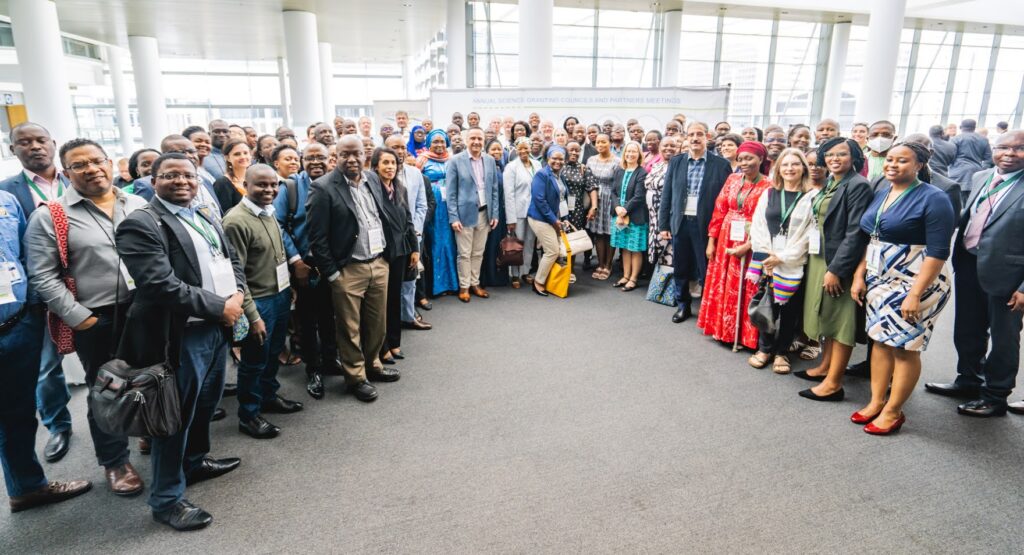
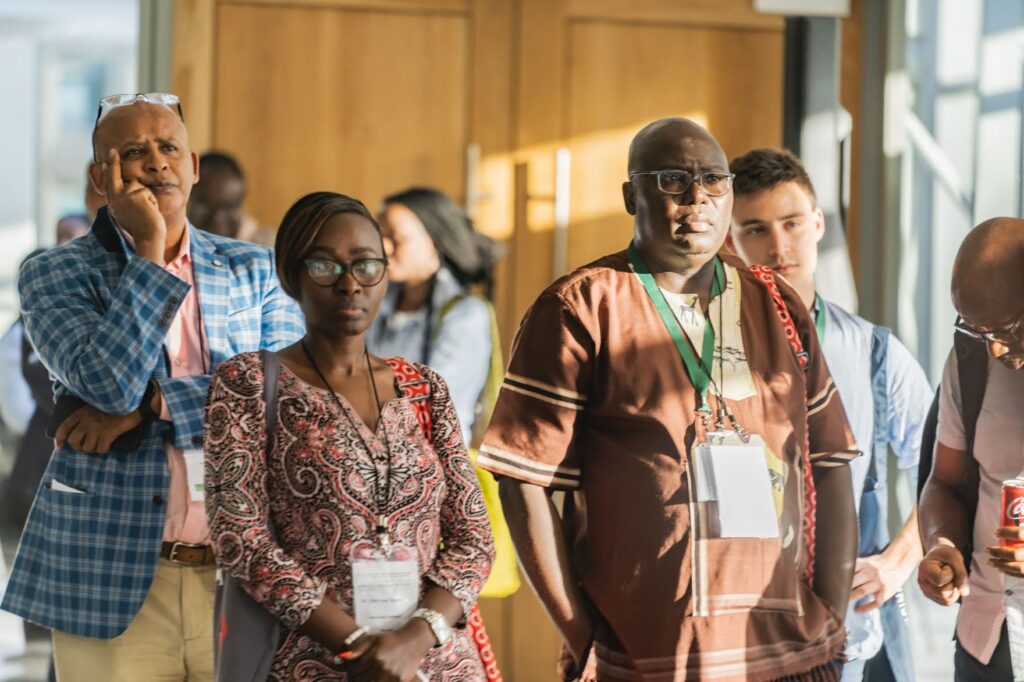
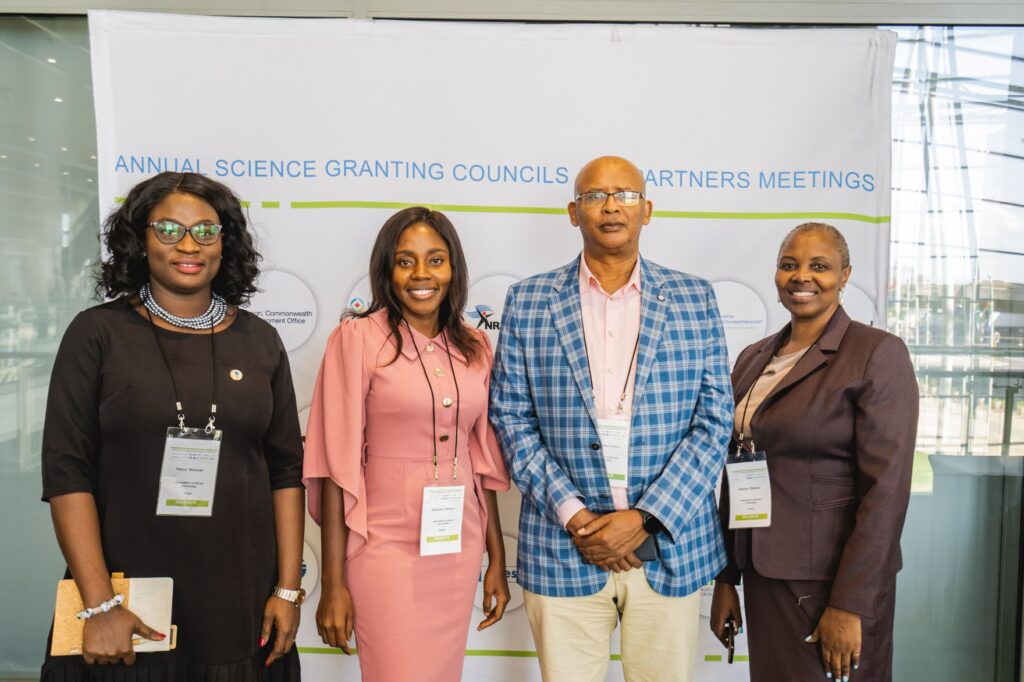
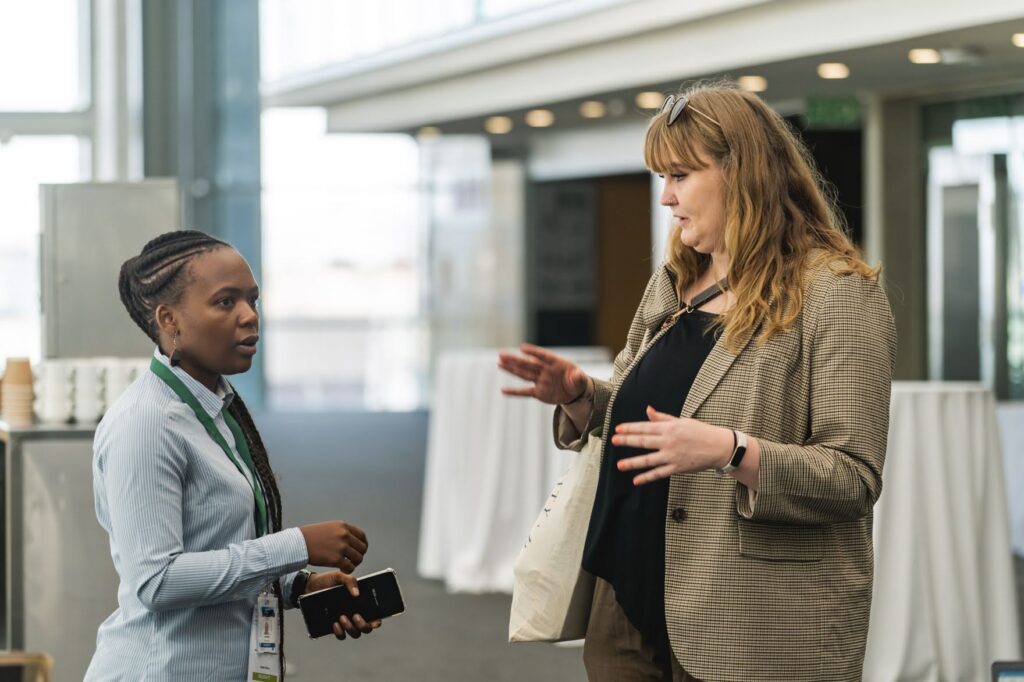
Launched in March 2015, the SGCI aims to strengthen the capacities of Science Granting Councils in the 18 member states. The NRF jointly funds the SGCI along with the United Kingdom’s Foreign, Commonwealth and Development Office, Canada’s International Development Research Centre (IDRC), the Swedish International Development Cooperation Agency (Sida), Norwegian Agency for Development Cooperation (Norad) and the German Research Foundation (DFG).
Through investments, the SGCI has provided grants to eligible Councils to manage research calls that correspond to their national and regional research and development agendas. It has embarked on a drive to support select countries in West Africa to establish SGCs – while strengthening the existing research funding structures in other countries in the region. Furthermore, the SGCI is supporting Councils to develop policy frameworks and enabling structures for public private partnerships.
Delegates at the Annual Forum reflected on how the SGCI has enabled them to leverage additional research and innovation funding, promote partnerships with local and international science actors, and unlock research success in terms of new products and knowledge uptake. They also reflected how they have leveraged additional funding support from their government.
In Botswana, Malawi, Namibia and Tanzania, the governments have made commitments and increased their financial commitments for research. For instance, the National Science and Technology Council of Zambia council has effectively doubled the funding from the government recently.
Many of the councils discussed the importance of the intra-Africa regional collaborations that have been enabled through the SGCI. They are now funding research projects together and strengthening the networks amongst themselves.
The SGCI meetings are hosted during 4-8 December. Media wishing to cover the meetings should contact the NRF Media Relations Officer, Bongani Nkosi, at b.nkosi@nrf.ac.za or +27 61 477 3064.
Related News
NRF Kenya leads first-ever national master-plan for research funding
The National Research Fund (NRF) Kenya is leading the development of the country’s first-ever Masterplan for research funding. The Masterplan is a strategic step toward transforming Kenya’s research landscape. Backed by strong government support and international partnerships, the Masterplan aims to align national research investments…
TETFund, Innov8 Hub showcase innovations at research demo day
The Tertiary Education Trust Fund (TETFund) and Innov8 Hub have concluded the Science Granting Councils Initiative (SGCI) Demo Day, an event that highlighted Nigeria’s growing capacity to transform academic research into market-ready solutions. TETFund, Nigeria’s representative council for SGCI, partnered with Innov8 Hub to support…
HSRC pushes for inclusive research systems at SGCI gender summit
The Human Sciences Research Council (HSRC) hosts the Science Granting Councils Initiative (SGCI) Gender Equality and Inclusion (GEI) learning summit and calls for a more inclusive research landscape. The event marked the culmination of a three-year project aimed at embedding gender equity and inclusivity into…
Research and Resources
SGCI funded projects
Zambia’s top researchers pioneer solutions for climate resilience, food security, economic growth
Project Titles & Institution Areas of Research Number of Projects being funded Project Duration Grant Amount In-Kind Distribution Council Collaboration with other councils

